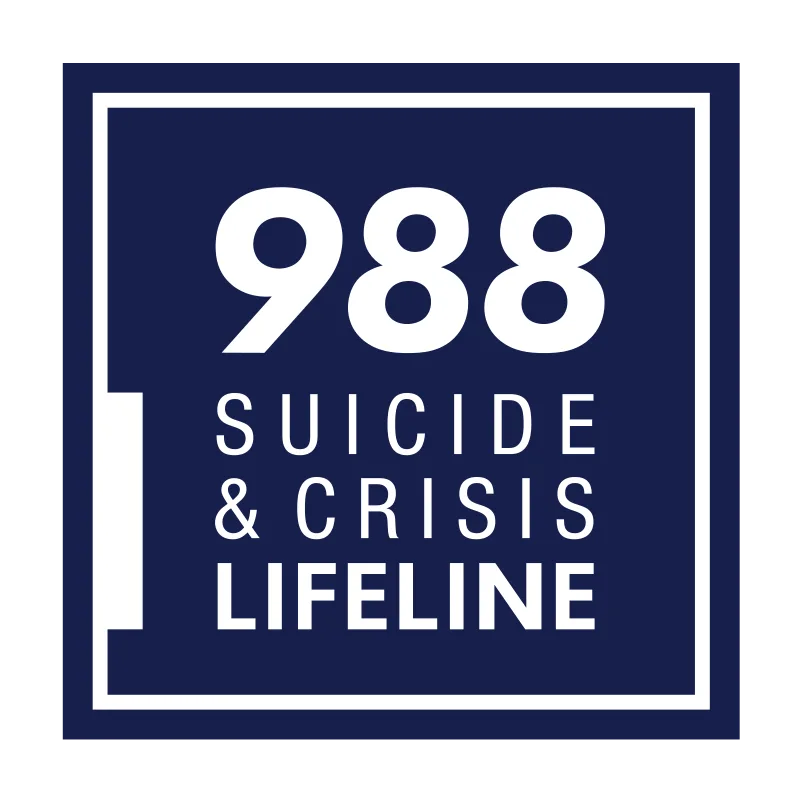Yellowknife – Canadians deserve a health care system that provides them with timely access to health services whenever and wherever they are needed, as well as the ability to age with dignity closer to home.
Mark Holland, Canada’s Minister of Health, Ya’ara Saks, Canada’s Minister of Mental Health and Addictions and Associate Minister of Health, and Lesa Semmler, Minister of Health and Social Services of the Northwest Territories, announced two bilateral agreements to invest a total amount of more than $36 million to improve health care access and services in the Northwest Territories.
Through the Working Together Agreement, the Government of Canada will first provide more than $24 million to support the Northwest Territories’ three-year action plan to deliver improvements to its health care system. The plan will:
- Increase coordination and access to primary care across the regions.
- Establishment of a territorial public health unit to improve planning and support delivery of care.
- Support recruitment, retention and training initiatives for health workers.
- Funding of initiatives under the 2022 Health and Social Services Human Resources Plan, which also promotes Indigenous representation and cultural safety in health care.
- Expand the delivery of addiction services and specialized care.
- Establishment of a Territorial Addictions Medicine Team to increase coordination of treatments, and to address higher hospitalization rates.
- Enhance culturally appropriate mental wellness and suicide prevention programming, including crisis response.
- Three dedicated positions will prioritize Indigenous communities and addressing the disproportionate impact of suicide within them.
As well, through the Aging with Dignity Agreement, the Government of Canada will provide more than $12 million to support the Northwest Territories’ five-year action plan to age with dignity close to home, with access to home care or care in a safe long-term care facility. This will:
- Improve data-driven, personalized care for Continuing Care clients.
- Implementing the interRAI assessment tool, which allows health care providers to complete effective client assessments to identify client care needs;
- Build stronger infection prevention and control and cleanliness systems in Long-Term Care.
- Support the hiring of an Infection Prevention and Control (IPAC) Coordinator.
- Enhanced training and practices for infection prevention are part of the overall continuing care system. This includes preventing the spread of diseases in both home and facility settings, reducing risks to staff safety, and improving service delivery and availability.
- Annual visits and compliance audits of cleaning practices in the nine government funded LTC facilities throughout the Northwest Territories.
- Enhance the quality and safety of care.
- Establishment of a Territorial Housekeeping Specialist, to develop and implement best housekeeping policies and standardized training in long-term care facilities.
- Increase the hours of direct care per long-term care resident.
- Ensure more residents have access to 3.6 hours of direct care per day, and increase the nurse staffing ratio to respond to the growing complexity of LTC residents.
Progress on these initiatives and broader commitments will be measured against targets which the Northwest Territories will publicly report on annually.
Through these new agreements, the GNWT will work with the Government of Canada to improve how health information is collected, shared, used and reported to; streamline foreign credential recognition for internationally educated health professionals; facilitate the mobility of key health professionals within Canada; and fulfill shared responsibilities to uphold the Canada Health Act to protect Canadians’ access to health care based on need, not the ability to pay.
Recognizing the significant disparities in Indigenous health outcomes, the Governments of Canada and the Northwest Territories also commit to meaningfully engaging and working together with Indigenous partners to support improved access to quality and culturally appropriate health care services. The Northwest Territories’ action plan is informed by continued engagement with its Indigenous partners and recent trilateral discussions involving the federal government. All levels of government will approach health decisions in their respective jurisdictions through a lens that promotes respect and reconciliation with Indigenous Peoples.
The Northwest Territories and the federal government will continue working together to improve health services for all patients across the territory, including responding to the needs of Indigenous and other underserved and disadvantaged populations.
Quotes
Quotes
“These agreements with the Northwest Territories show that working together moves our health care system forward. Both these agreements mean better care for residents and a stronger health care system. The Northwest Territories has unique needs, and these deals are important to deliver better care for the residents of Northwest Territories at every stage of their lives.”
The Honourable Mark Holland
Minister of Health
“Through the Working Together bilateral agreement we will be working with the Northwest Territories to integrate mental health and substance use care as a full and equal part of our universal health care system. These agreements will, among other things, strengthen the capacity of family health providers and focus on culturally-informed care to improve access to quality and timely mental health and substance use supports, including for Indigenous Peoples. Together, we must ensure that all Canadians have access to supports and services for their mental health and well-being – when they need them, wherever they need them.”
The Honourable Ya’ara Saks
Minister of Mental Health and Addictions and Associate Minister of Health
“Seniors deserve to age with dignity and choice. So they can age on their terms. None of that is possible without a strong health care system. The investments we’re making in the Northwest Territories will make it even stronger.”
The Honourable Seamus O’Regan Jr.
Minister for Seniors








